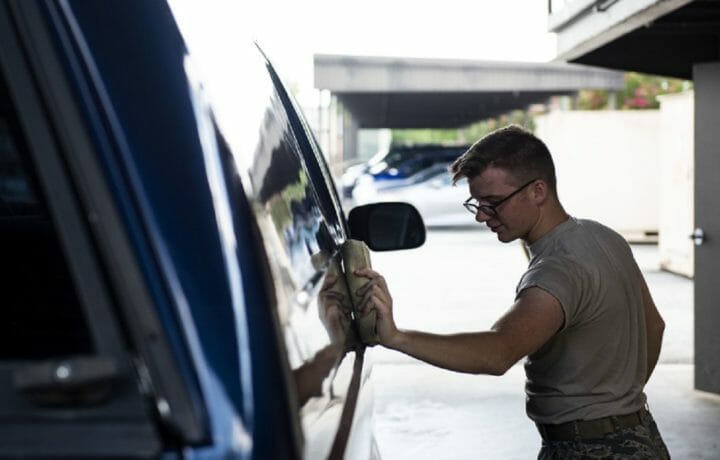A new testbed for smart transportation and autonomous vehicle (AV) development was announced this week, and it will receive funding from the U.S. Army Engineer Research and Development Center (ERDC). The testbed is being designed to serve as a model for future smart military installations nationally.
US Ignite, a Colorado-based non-profit that is helping accelerate the smart city movement, will work in coordination with Fort Carson, the City of Colorado Springs and the University of Colorado’s Research and Engineering Center for Unmanned Vehicles (RECUV) in the new $4 million joint endeavor.
“The future of smart military installations, and of transportation technologies, is dependent on implementing high-quality, data-driven, and repeatable pilot programs that enable researchers to investigate challenges securely and at scale,” said Nick Maynard, chief strategy officer at US Ignite, via a statement. “We envision the Fort Carson project as the start of a wave of new research testbeds at military posts that will help revolutionize transportation for decades to come.”
DoD Transportation Woes
The goal of the program isn’t to develop self-driving tanks or other combat vehicles – but rather to solve a major logistical problem for the U.S. Department of Defense (DoD), which has an annual transportation budget of $1 billion. From that budget $435 million is spent yearly for non-tactical passenger vehicles and light trucks, but the use rate is just 7%.
At the same time, a large percentage of service members live off base, and the development of new sensor-driven and AV-related technologies could help improve road safety and at the same time decrease congestion – both within military installations and neighboring cities and towns.
AV technology is already the goal of major U.S. automakers as well as tech giants including Google and Apple.
“This research will advance the U.S. ability to leverage autonomous transportation systems to improve mission readiness and mission assurance at installations in areas that include infrastructure, operations, security, economics, communications, and planning to meet our National defense objectives,” said Jim P. Allen, PE, ERDC program manager, via a statement.
“Smart military posts, like smart cities around the country, must explore advancements in mobility and automation that leverage sensors and big data to optimize operational efficiencies and improve the lives of soldiers and their families,” added Allen. “Fort Carson’s controlled installation environment also connects to the larger Colorado Springs region, making it an ideal research testbed for at-scale development of next-generation transportation technology.”
Phase One of the smart transportation Testbed
The first phase of the Fort Carson program will begin with the deployment of up to two automated shuttles on site, and as the program develops the research team will expand the program. This will include on and off-post automated delivery vehicles and shuttles.
In addition, the program will include a data sharing initiative between Fort Carson and neighboring Colorado Springs, and smart sensors will be deployed on the base to monitor traffic, parking and public safety. That network of sensors will be linked to information from the city’s own sensors and together mapping systems will create joint data repositories.
Researchers will be able to apply analytics to those datasets, which can then be used to improve safety and services. This will be used to eventually develop machine-learning models that can prioritize transportation resources based on usage rates and community needs.
“The City of Colorado Springs is excited to be partnering with US Ignite, Fort Carson and others on this autonomous vehicle (AV) pilot project since it aligns well with our smart communities program, SmartCOS,” said Bret Waters, deputy chief of staff for City of Colorado Springs. “Collectively, we will better understand the use cases and business models of AVs as it relates to a military installation and urban environments.”
The Fort Carson smart transportation testbed and AV pilot program is the latest such initiative to receive funding from the ERDC. The laboratory organization’s mission is to “Provide science, technology, and expertise in engineering and environmental sciences in support of our Armed Forces and the Nation to make the world safer and better.”



